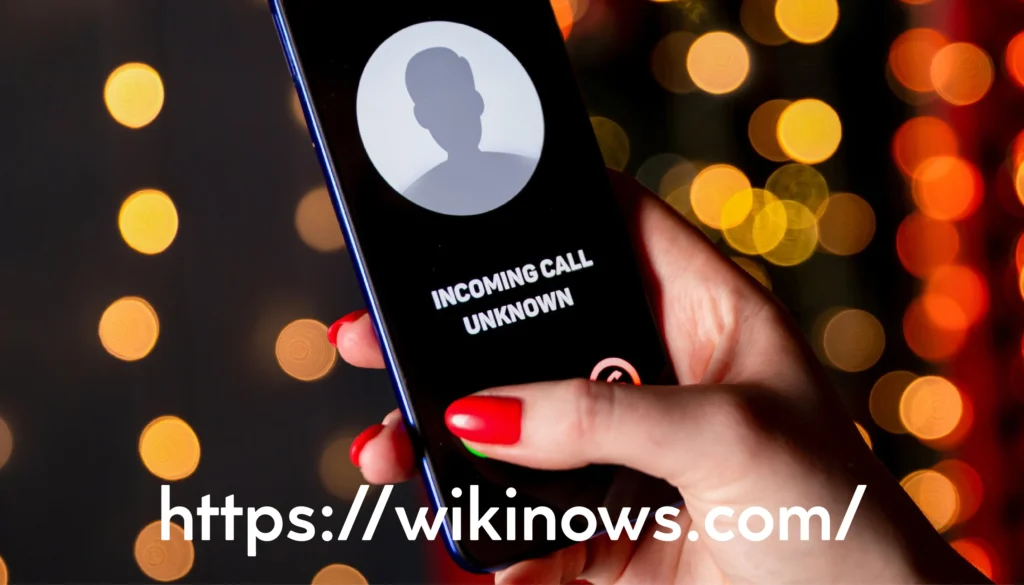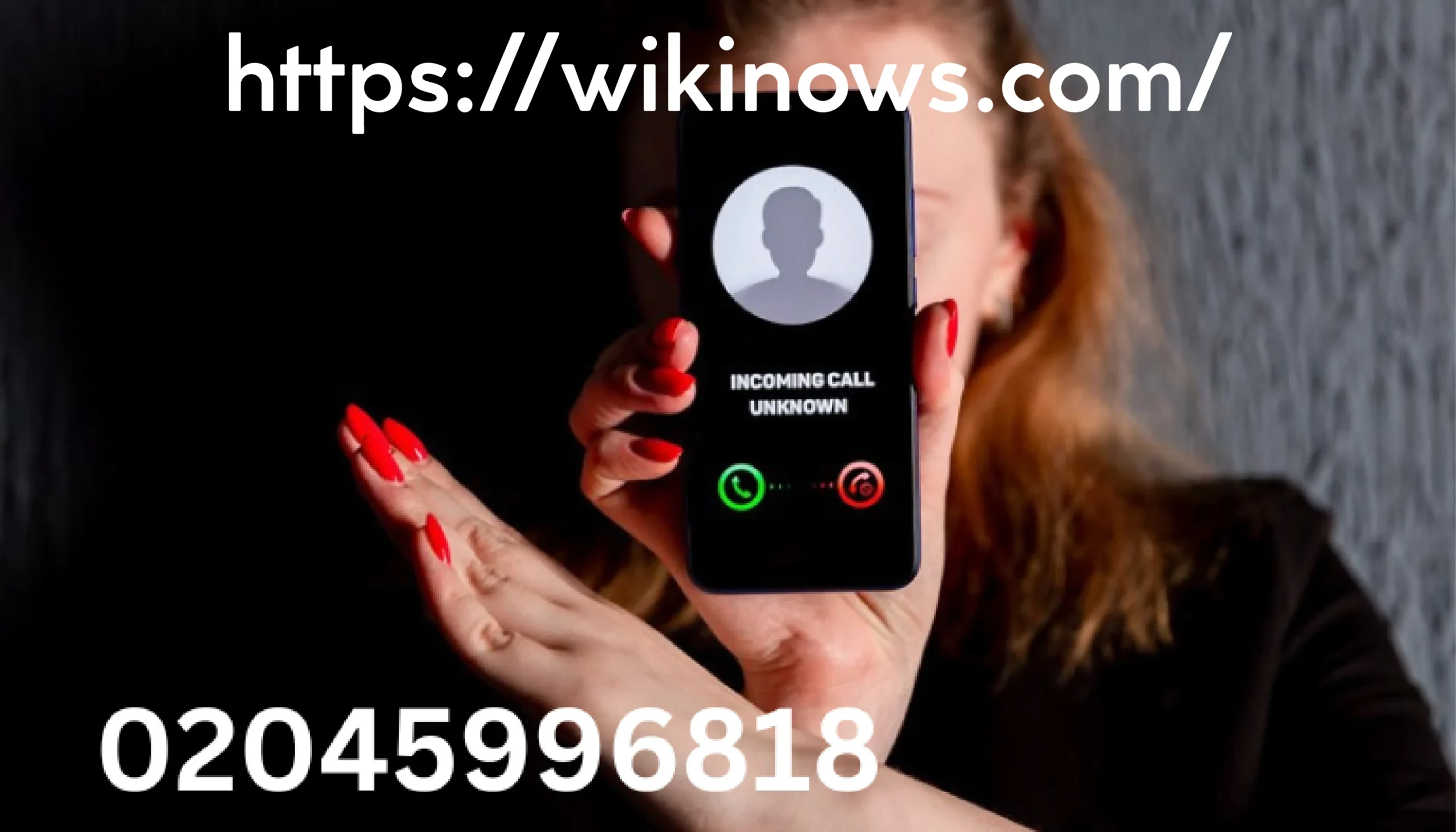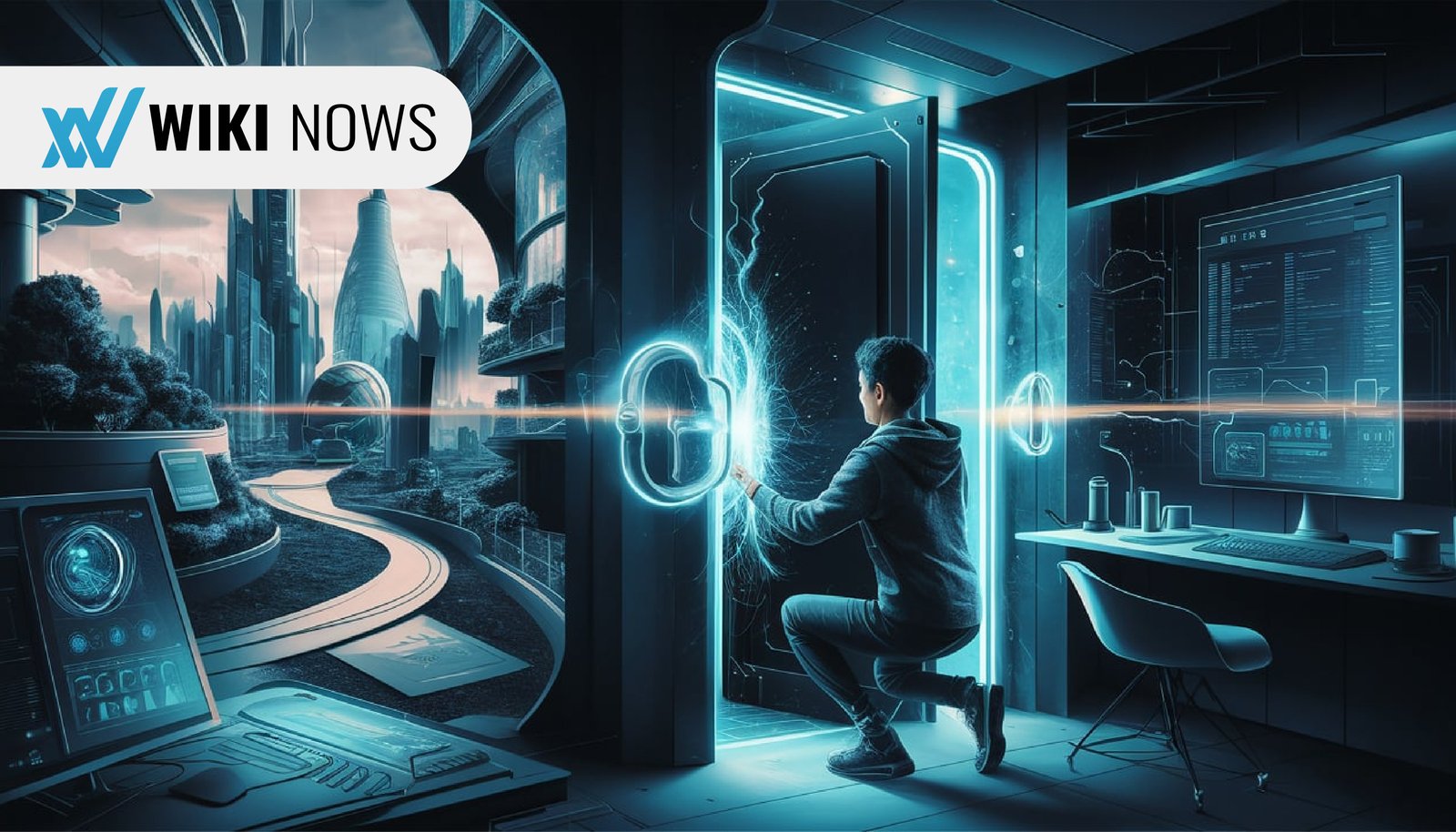Introduction
Have you recently received a call from 02045996818? If so, you’re not alone. This infamous scam number has been making waves, targeting individuals and businesses alike. Understanding how this scam operates and its impact is crucial for marketing professionals who must protect their organizations from such threats.
In this blog post, we’ll explore the mechanics of the 02045996818 scam and its psychological underpinnings and offer practical advice on safeguarding yourself and your business. By the end, you’ll be equipped with the knowledge to identify and combat these scams effectively.
The Infamous 02045996818 Scam
Scam calls are becoming increasingly sophisticated, and the 02045996818 scam is no exception. This section will provide a detailed analysis of how this particular scam operates and the damage it can inflict.
How the Scam Operates
The 02045996818 scam typically involves callers posing as representatives from trusted institutions, such as banks or government agencies. They often use scare tactics to elicit immediate action from the victim, claiming an urgent issue needs resolution.
Impact on Individuals and Businesses
The repercussions of falling for the 02045996818 scam can be severe. Individuals may suffer financial loss, while businesses can face compromised data and reputational damage. The emotional stress caused by these scams is also considerable, impacting mental health and productivity.
Common Tactics Used
Scammers using the 02045996818 number employ various tactics, including spoofing caller IDs to appear legitimate, using persuasive language, and creating a sense of urgency. Understanding these tactics is the first step in protecting yourself and your business.
The Psychology Behind Scam Calls
Why do people fall for scams like those from 02045996818? This section will explore the psychological factors that make individuals susceptible to these deceitful tactics.
Fear and Urgency
Scammers exploit fear and urgency to bypass rational thinking. When presented with a perceived immediate threat, people are more likely to act impulsively, providing personal information or making hasty decisions without verifying the call’s legitimacy.

Trust in Authority
Many scam calls mimic authority figures like law enforcement or financial institutions. People tend to trust these entities and may not question the caller’s authenticity, especially if the caller uses industry-specific jargon to sound credible.
Social Engineering Techniques
Social engineering involves manipulating people into divulging confidential information. Scammers are adept at gathering information from various sources to make their calls more convincing, increasing the likelihood of success.
Legal and Ethical Considerations
Dealing with scam calls like those from 02045996818 involves navigating several legal and ethical considerations. This section will cover the appropriate actions and responsibilities of businesses and telecom companies.
Reporting Procedures
If you receive a scam call from 02045996818, you must report it to the appropriate authorities. Many regions have dedicated hotlines and online reporting tools for scam calls. Reporting helps authorities track and shut down these operations.
Business Responsibilities
Businesses must protect their employees and clients from scam calls. This includes implementing robust security measures, educating staff about the risks, and establishing clear protocols for handling suspicious calls.
Role of Telecom Companies
Telecom companies play a crucial role in preventing scam calls. They are responsible for implementing technologies that detect and block fraudulent numbers like 02045996818. Collaboration with regulatory bodies is also vital in combating this issue.
Protecting Yourself and Your Business
Prevention is the best defence against scams. This section will provide practical advice on protecting yourself and your business from the 02045996818 scam.
Use Technology to Your Advantage
Several technologies can help screen and block scam calls. Caller ID verification, call-blocking apps, and spam filters effectively reduce the risk of falling victim to scams. Ensure these technologies are up-to-date and properly configured.

Educate Employees and Family Members
Awareness is critical in combating scams. Regularly educate your employees and family members about the tactics used by scammers and the importance of verifying the legitimacy of unsolicited calls. Provide guidelines on what to do if they receive a suspicious call.
Implement Call Screening Protocols
Establish protocols for handling incoming calls, especially those involving sensitive information. Verify caller identities through independent channels before sharing any personal or business information. This practice can significantly reduce the risk of falling victim to scams.
Real-Life Examples and Case Studies
Understanding the real impact of the 02045996818 scam can drive home the importance of vigilance. This section will present case studies of individuals and businesses affected by this scam.
Individual Victims
Jane, a freelancer, lost her savings after falling for a sophisticated scam call from 02045996818. The caller claimed to be from her bank and convinced her to transfer funds to a “secure account.” Her story highlights the need for scepticism and verification.
Business Victims
A small marketing firm experienced a data breach after an employee received a call from 02045996818. The scammer posed as an IT support technician, gaining access to sensitive client information. This case underscores the importance of employee education and robust security protocols.
Lessons Learned
These case studies reveal common themes, such as scammers’ use of authority and urgency. They also demonstrate the effectiveness of preventive measures like call screening and employee training.
Future Trends in Scam Call Technology
Scammers are continually evolving their tactics. Staying ahead requires understanding emerging trends in scam call technology and preparing for future threats.
Advancements in AI and Machine Learning
Scammers are increasingly using AI and machine learning to enhance their tactics. These technologies enable them to create more convincing scripts and automate large-scale scam operations.

Increased Use of Voice Cloning
Voice cloning technology allows scammers to mimic the voices of trusted individuals or authority figures. This development makes it even more challenging to distinguish between legitimate and fraudulent calls.
Collaboration for Enhanced Security
International cooperation and collaboration between businesses, telecom companies, and regulatory bodies are essential in combating the evolving threat of scam calls. Sharing information and resources can lead to more effective prevention and detection strategies.
Global Efforts to Combat Scam Calls
Scam calls are a global issue requiring coordinated efforts. This section will highlight initiatives and strategies employed worldwide to reduce the prevalence of scam calls.
Regulatory Measures
Many countries have implemented regulatory measures to combat scam calls. These include stricter penalties for scammers, mandatory caller ID verification, and enhanced consumer protection laws.
Technological Innovations
Technological innovations, such as advanced call-blocking algorithms and real-time fraud detection systems, are being developed and deployed to counter scam calls. These technologies are crucial in staying ahead of scammers’ evolving tactics.
Public Awareness Campaigns
Public awareness campaigns are vital in educating individuals about the risks of scam calls and the steps they can take to protect themselves. These campaigns often involve collaborations between governments, businesses, and non-profit organizations.
Conclusion
Scam calls, particularly those from number 02045996818, pose a significant threat to individuals and businesses. By understanding the tactics used by scammers and implementing preventive measures, you can protect yourself and your organization from falling victim to these schemes.




